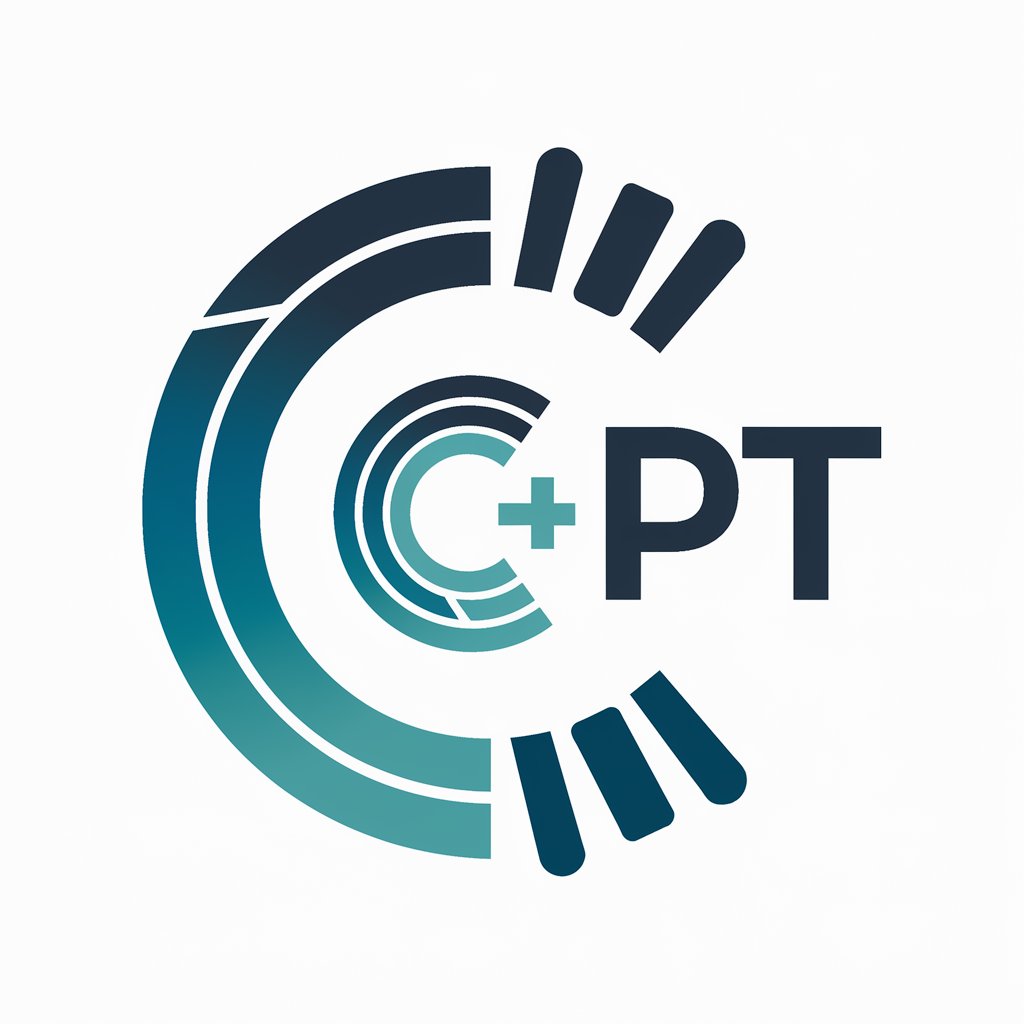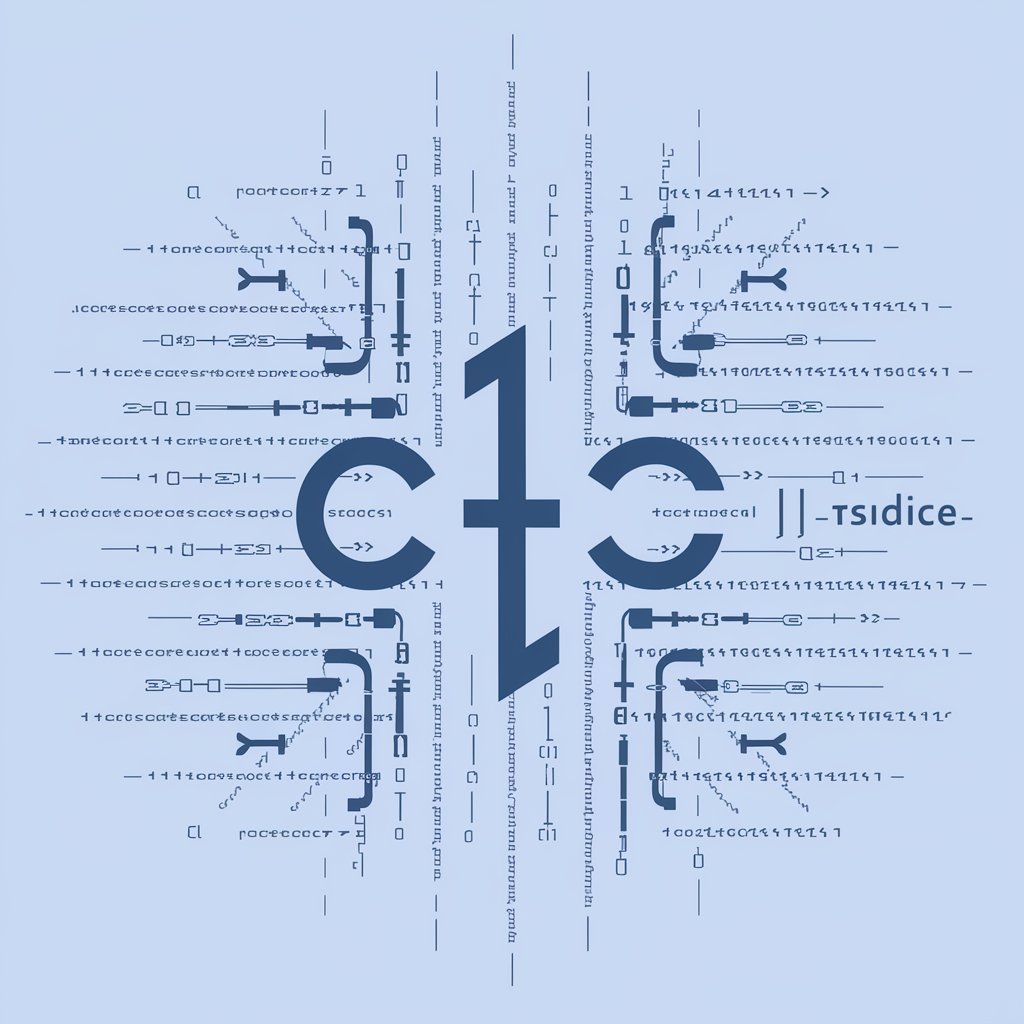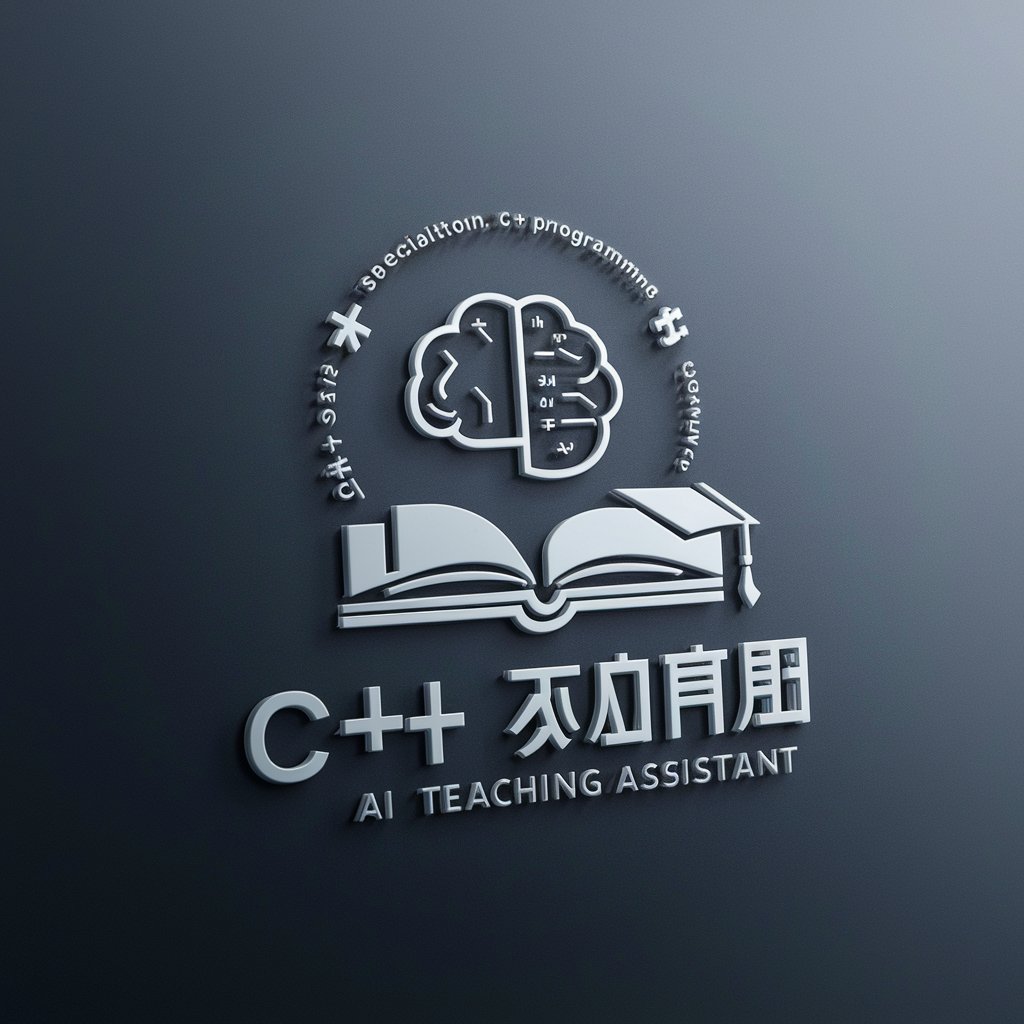
c++ - C++ Coding Experience
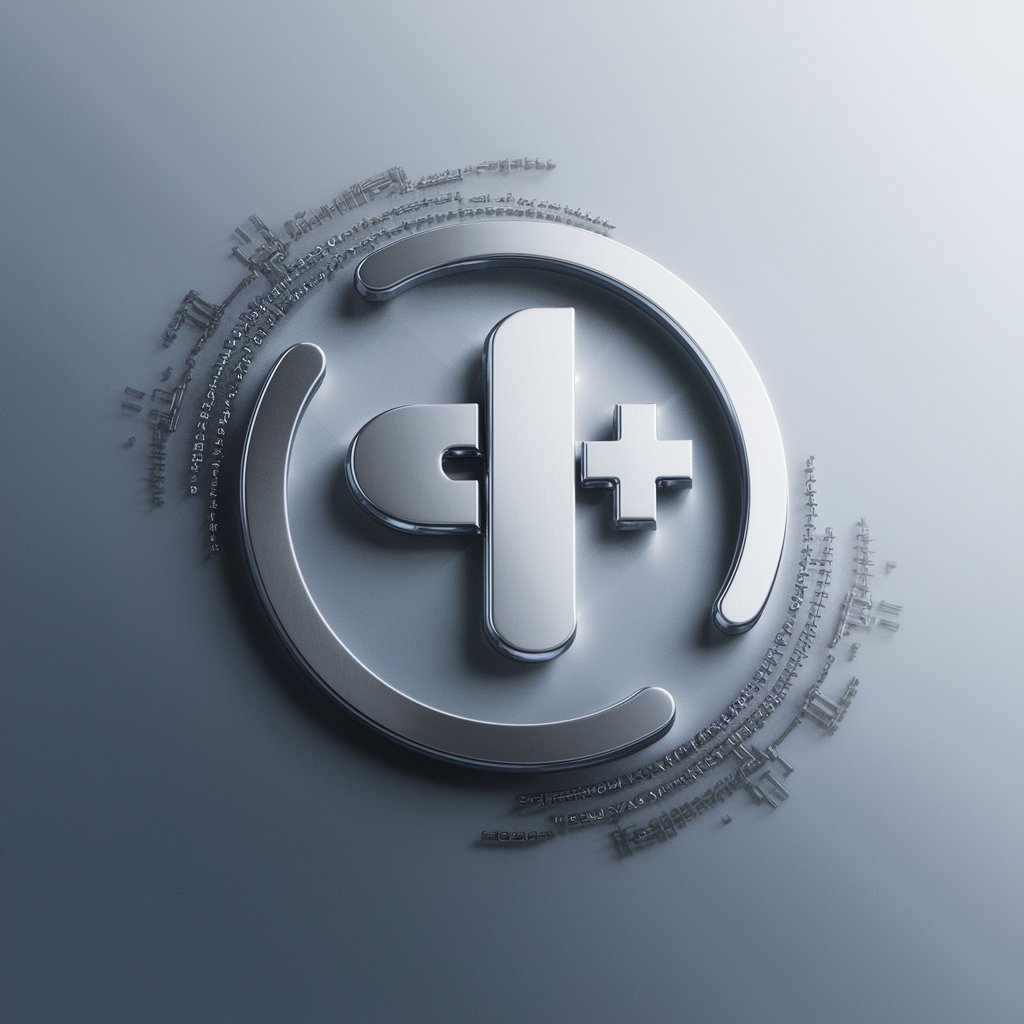
Hello! Ready to dive into some C++ coding?
Powering innovation with C++ AI.
How can I optimize my C++ code to improve performance?
What are the best practices for error handling in C++?
Can you explain the differences between pointers and references in C++?
How do I implement a binary search tree in C++?
Get Embed Code
Introduction to C++
C++ is a high-level programming language developed by Bjarne Stroustrup as an extension of the C language. It includes object-oriented, generic, and functional features in addition to facilities for low-level memory manipulation. It was designed with a bias toward system programming and embedded, resource-constrained software and large systems, with performance, efficiency, and flexibility of use as its design highlights. For example, C++ can be used to develop operating systems, browsers, games, and real-time mathematical simulations. It offers direct control over hardware resources while still maintaining features of high-level languages like object-oriented programming. Powered by ChatGPT-4o。

Main Functions of C++
Memory Management
Example
Using pointers and references to control memory allocation and deallocation manually.
Scenario
In game development, precise control over memory allocation is crucial for managing resources and improving game performance and responsiveness.
Object-Oriented Programming
Example
Classes, inheritance, polymorphism, encapsulation, and abstraction.
Scenario
Software engineering projects where modular design is needed to create scalable and maintainable code. For instance, a banking software system uses classes to represent different types of accounts.
Template Programming
Example
Templates allow writing generic programs by abstracting types in functions or classes.
Scenario
In developing libraries where functions need to operate on different data types. For example, a sorting function that can handle any type of data array.
Exception Handling
Example
Using try, catch, and throw to handle unexpected errors during runtime.
Scenario
In database management software, exception handling is used to manage errors in database operations without crashing the system.
Standard Template Library (STL)
Example
A collection of ready-to-use C++ template classes to provide general-purpose classes and functions with templates that implement many popular and commonly used algorithms and data structures like vectors, lists, queues, and stacks.
Scenario
STL is extensively used in software engineering for data handling and manipulation, evident in applications requiring data structure management without manual implementation.
Ideal Users of C++
System Programmers
These users benefit from C++ due to its close-to-hardware programming capabilities that optimize system resources and improve execution speeds essential in developing operating systems or embedded systems.
Game Developers
Game developers value C++ for its performance efficiency and fine-grained control over system resources, crucial for real-time game mechanics and high fidelity graphics processing.
Software Engineers
Professionals in software development utilize C++ to build applications that require real-time performance, extensive processing tasks, and high concurrency, such as financial trading systems or simulations.
Academic Researchers
Researchers who need to perform complex computations and data analysis benefit from the speed and efficiency of C++, especially in fields like physics simulations, chemistry modeling, or large-scale data research.

How to Use C++: A Beginner's Guide
Begin with a Trial
Start by exploring C++ without commitments. Visit a platform like yeschat.ai to try C++ coding for free, with no login or ChatGPT Plus subscription required.
Install Development Tools
Install a C++ compiler and an Integrated Development Environment (IDE). Popular choices include GNU Compiler Collection (GCC) for compiling and Visual Studio Code or Code::Blocks as an IDE.
Learn the Basics
Understand the syntax and basic constructs of C++. Start with variables, data types, operators, and move on to control structures like loops and conditional statements.
Practice with Projects
Apply what you've learned by working on small projects. This could be anything from a simple calculator to a basic game. Practice is crucial for understanding.
Explore Advanced Topics
Once comfortable with the basics, delve into more complex topics such as object-oriented programming, data structures, algorithms, and memory management for a deeper understanding.
Try other advanced and practical GPTs
PetitionBot
Empowering Your Voice in Parliament

US Naturalization Test (State Specific Questions)
Master U.S. Civics with AI

Karl Marx according to Eric Voegelin
Revolutionize Your Understanding of Marx

ExamPrepGPT - Create Promts According to content.
AI-powered Tailored Exam Preparation

Stretch Expert
Stretch Smarter with AI Guidance
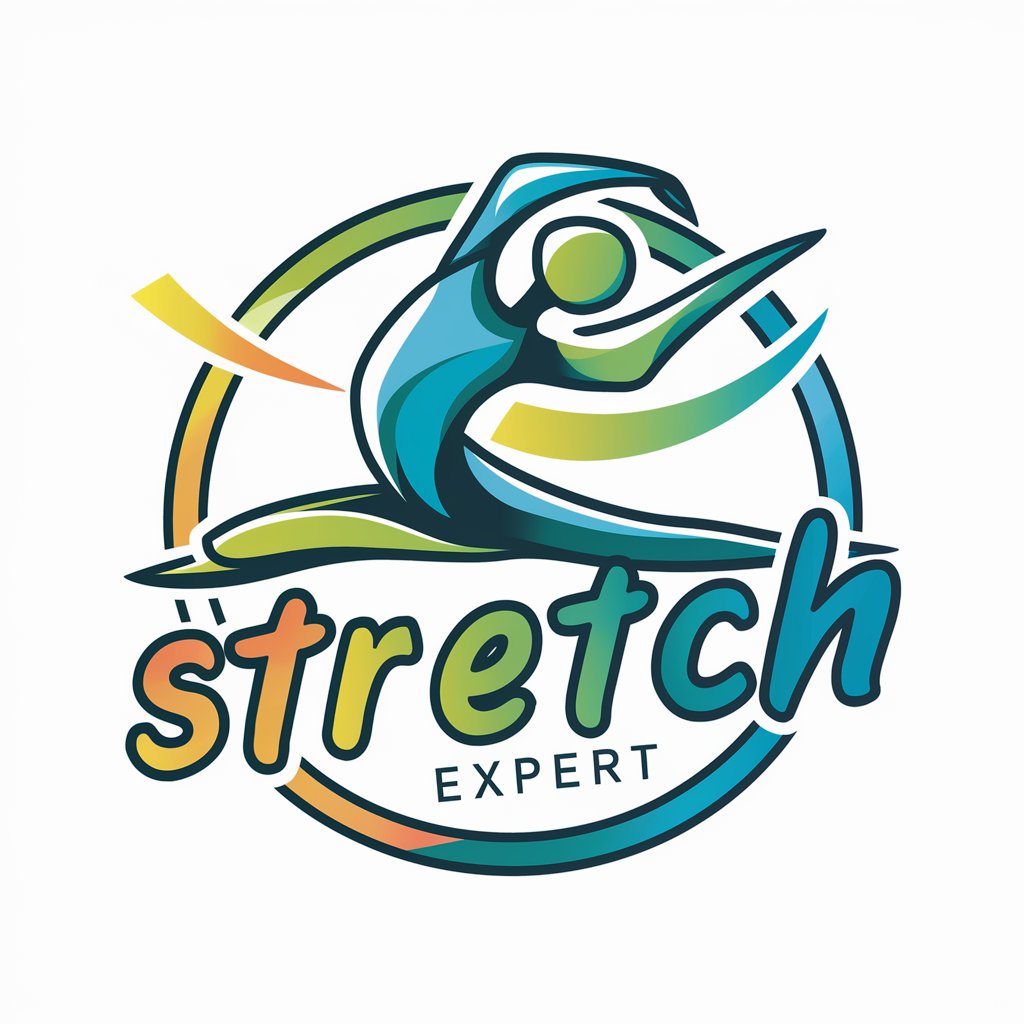
Stretch Mēn
Stretch your way to pain relief!

C++
Master C++ with AI-Powered Guidance

C++
Empower your code with AI-powered C++
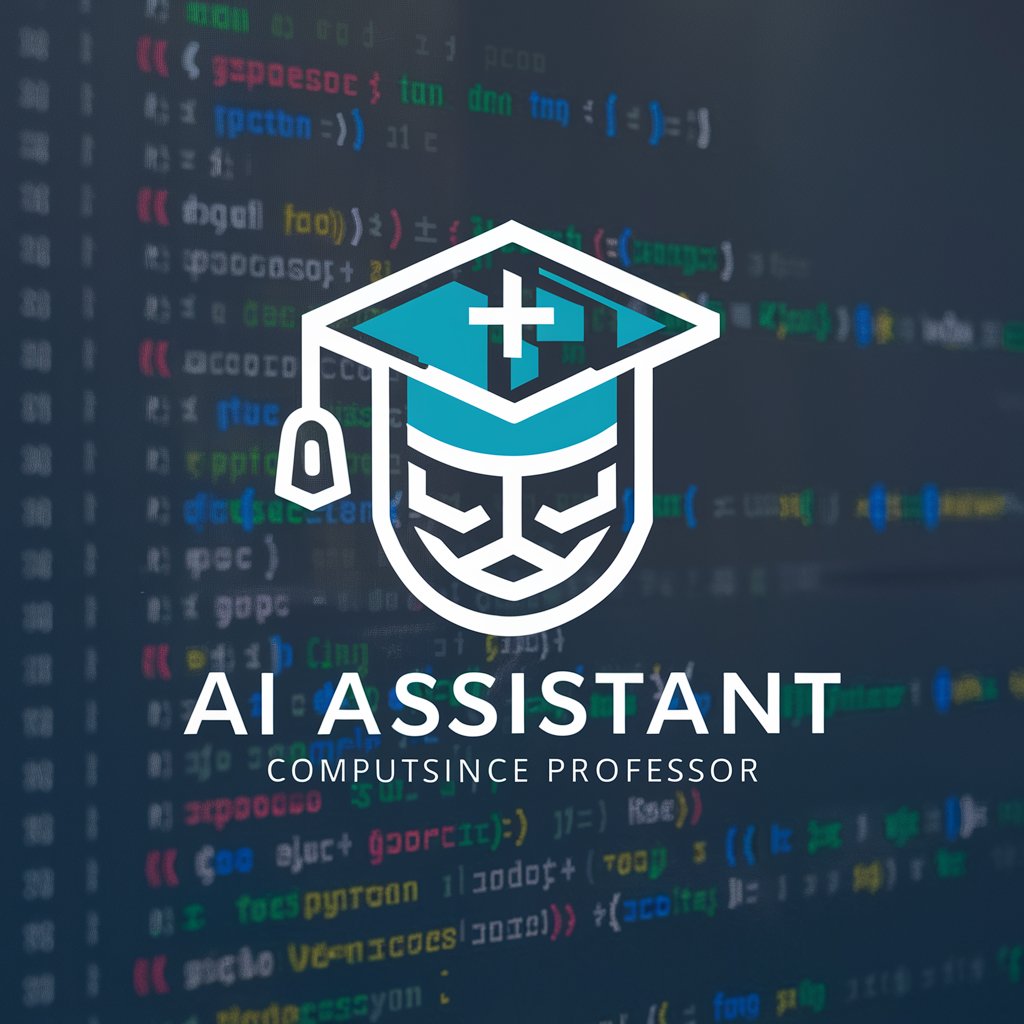
C# C Chad
Empowering C# Mastery with AI
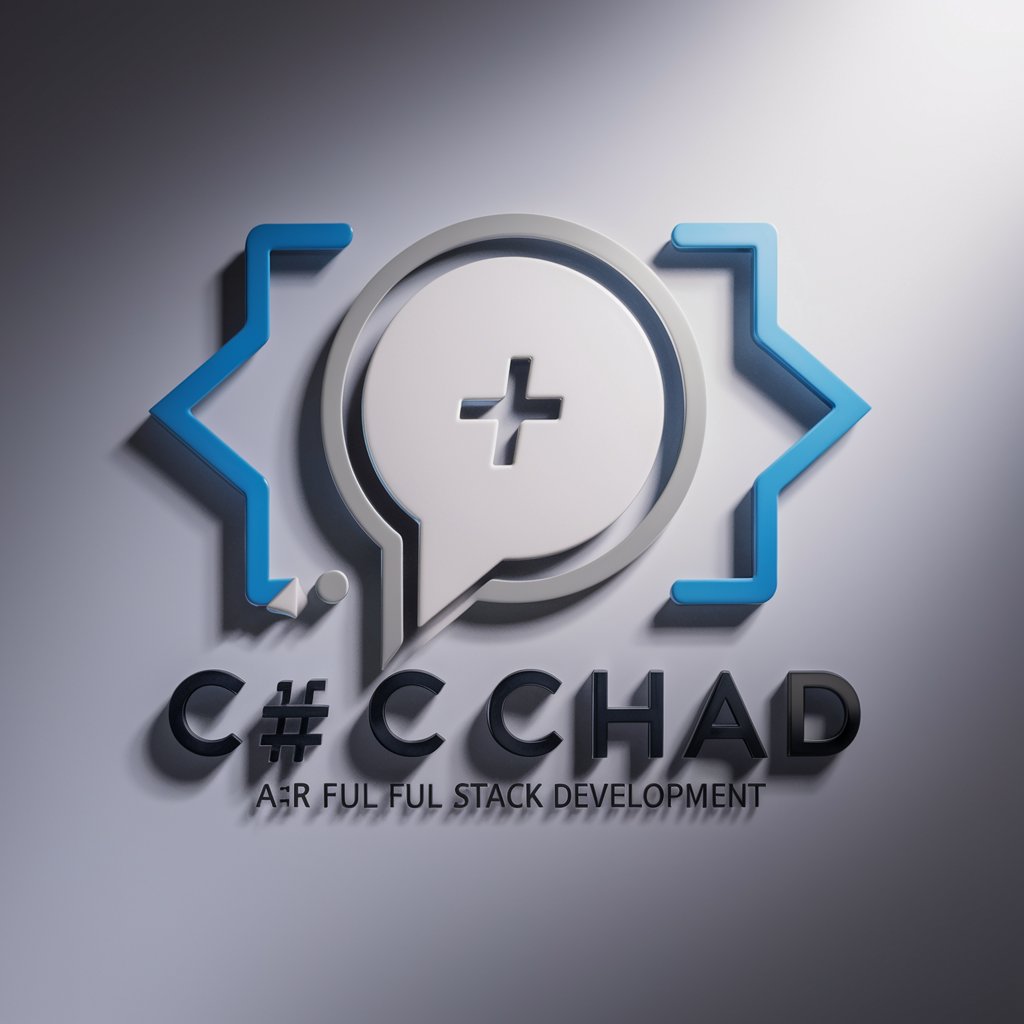
C++
Empower your coding with AI-driven C++ assistance.
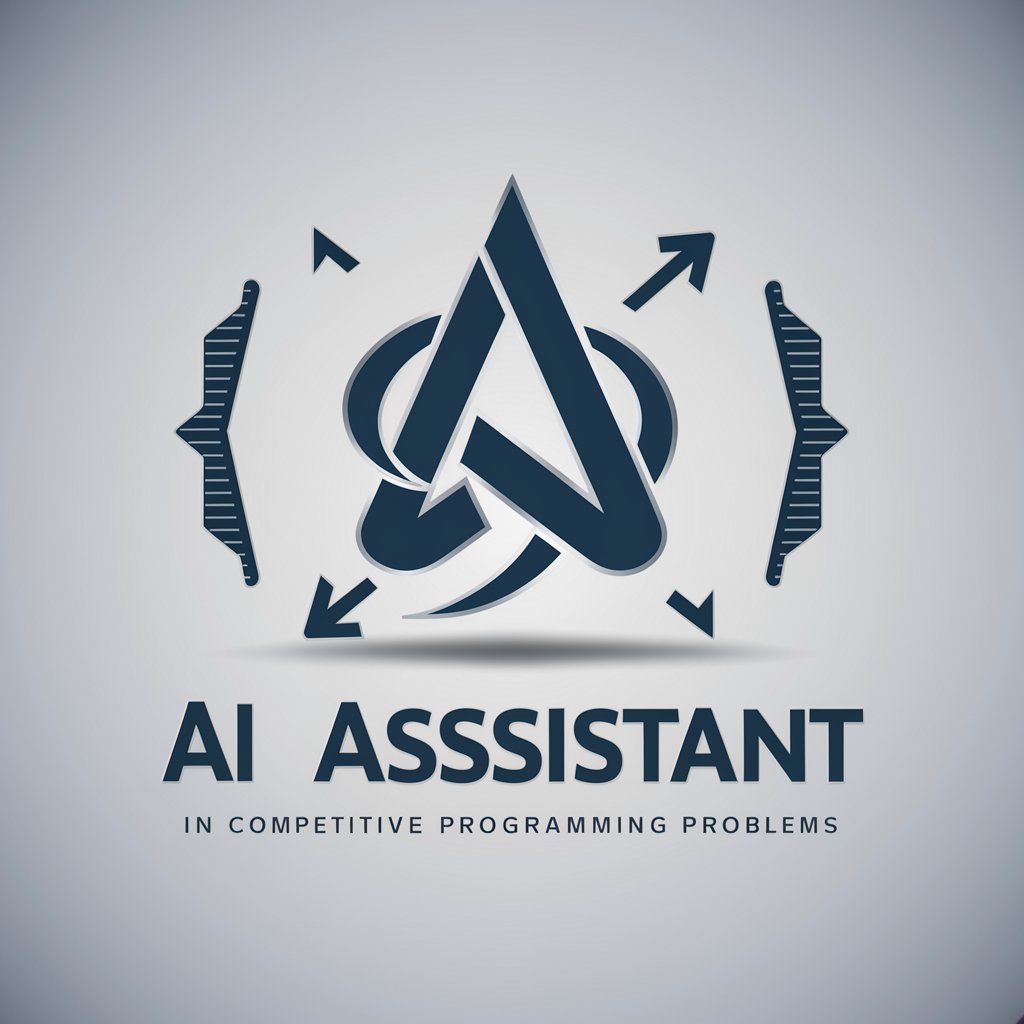
學業小幫手 - 閱讀版本
Learn smarter with AI-powered tutoring
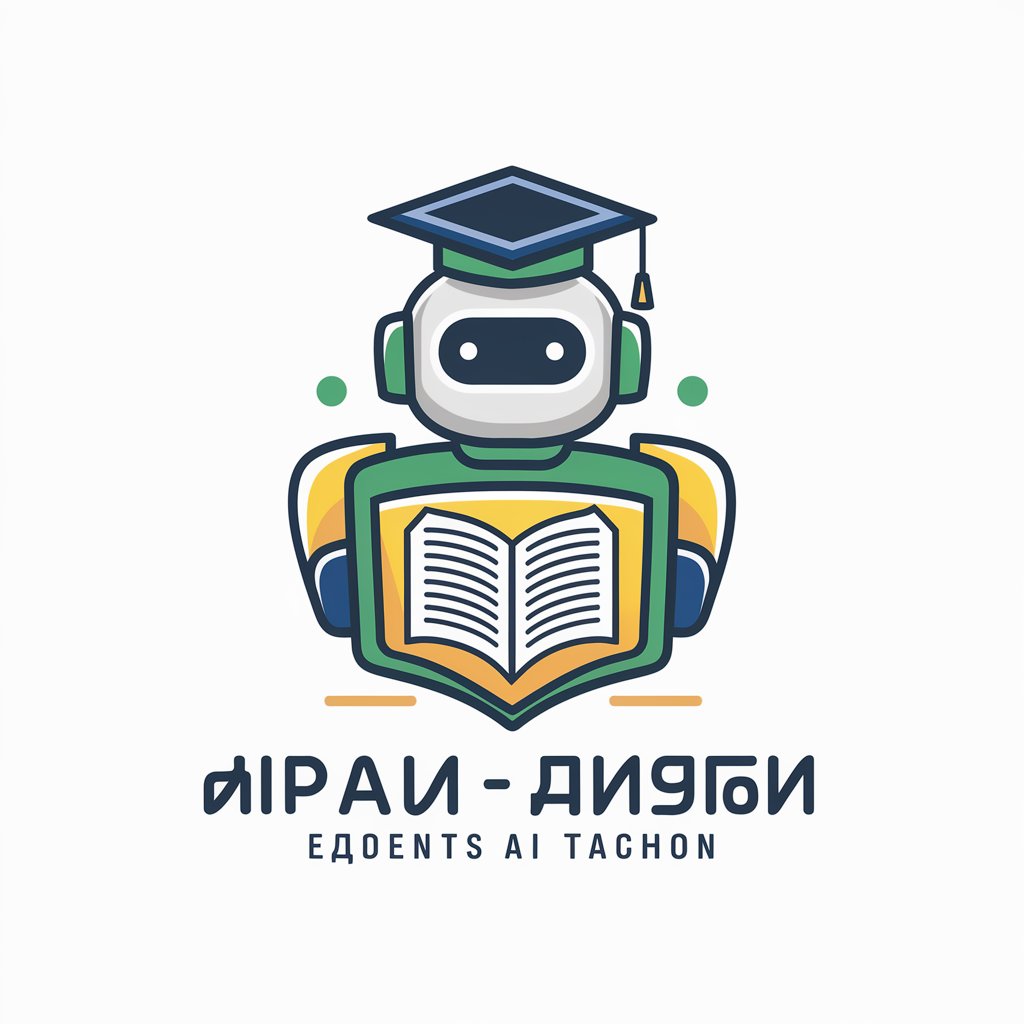
日本国内_新規営業先企業調査(BDR向け)
Empower Your Sales with AI

C++ Questions and Answers
What is C++ used for?
C++ is a versatile programming language used for developing operating systems, games, web browsers, and applications requiring high-performance and the ability to manage resources directly, such as memory and hardware interfaces.
How does C++ handle memory management?
C++ provides manual memory management capabilities through pointers and memory allocation/deallocation functions like new and delete. This allows developers to optimize resource usage but also requires careful management to avoid leaks.
Can C++ be used for web development?
While not traditionally used for web development, C++ can be employed in backend services where performance is critical. Frameworks like CppCMS and Wt enable developers to create web applications and services in C++.
What makes C++ different from C?
C++ is an extension of C that includes object-oriented features like classes and polymorphism, making it more suitable for large, complex software projects. It also introduces templates, exception handling, and a standard library that includes containers and algorithms.
How do I start learning C++?
Begin by understanding the fundamentals of programming. Next, choose a good C++ compiler and IDE, and practice writing simple programs. Utilize online tutorials, books, and communities for learning resources and support.

